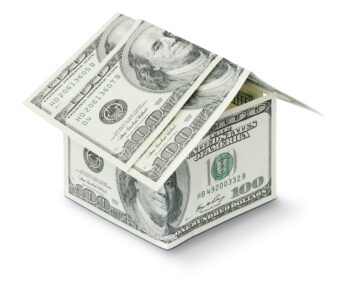When securing loans and mortgages come into the mix, many know getting a home is challenging. But then, it can become easier when you know what type of mortgage to opt for. If you are a home buyer and have come across a fixed-rate mortgage, don’t be dismayed. This article will help you to know what it means and how you can get a fixed-rate mortgage. Read till the end to know how to get a fixed-rate mortgage and all you need to consider before opting for one.
What is a Fixed-Rate Mortgage?
A fixed-rate mortgage is the most familiar mortgage type in the United States. The name is self-explanatory. It is a type of mortgage with a stable interest rate. This loan type has a consistent interest rate throughout the entire duration of the loan. Your interest and the principal remain the same every month. Even market fluctuations and changes do not affect this mortgage’s rate.
How Does a Fixed-Rate Mortgage Work?
The dynamics are simple. Imagine you make a 24% deposit on a home. And the home has a purchase price of $340,000. If your loan is accompanied by a fixed-rate mortgage of 30 years at 3.42% interest, you’d have to make a $1,475.16 payment each month. And this pay would be consistent for the next 30 years. Of course, this excludes insurance and tax.
Should You Get a Fixed-Rate Mortgage?
You can choose this mortgage type because of:
The interest rates to work with are more stable than other adjustable loans. The exact rate you lock in while getting the loan is the way it stays throughout the loan tenure.
- Predictable Budgets on Mortgage
As a result of the fixed rates, you know exactly what to budget and pay on your mortgage every time. This helps to keep your financial health stable. You do not need to worry about fluctuating expenses and rates arising from making good on your mortgage.
Cons of getting a fixed rate mortgage include:
Compared to other adjustable loans, the fixed-rate mortgage has a higher rate. For example, your monthly payments on fixed-rate loans are considerably more than that of ARM mortgages.
- No Benefits from Fallen Rates
In the same way that the rise in market rates does not affect you, lower rates also do not. And in this case, that does not work in your favor. Seeing that you would not get to enjoy the lower rate at that time.
Qualification for this type of mortgage requires a more stringent process. That is, you must have crossed your ‘T’s and dotted your ‘I’s on your financial records. You also have to understand the DTI ratio as well as the basic credit score that would ascertain your eligibility to borrow.
In conclusion, the fixed rate mortgage is the most popular in the US for a reason. It puts your mind at rest with the rate stability. As a home buyer, you could leverage this to get that home of your dreams.



